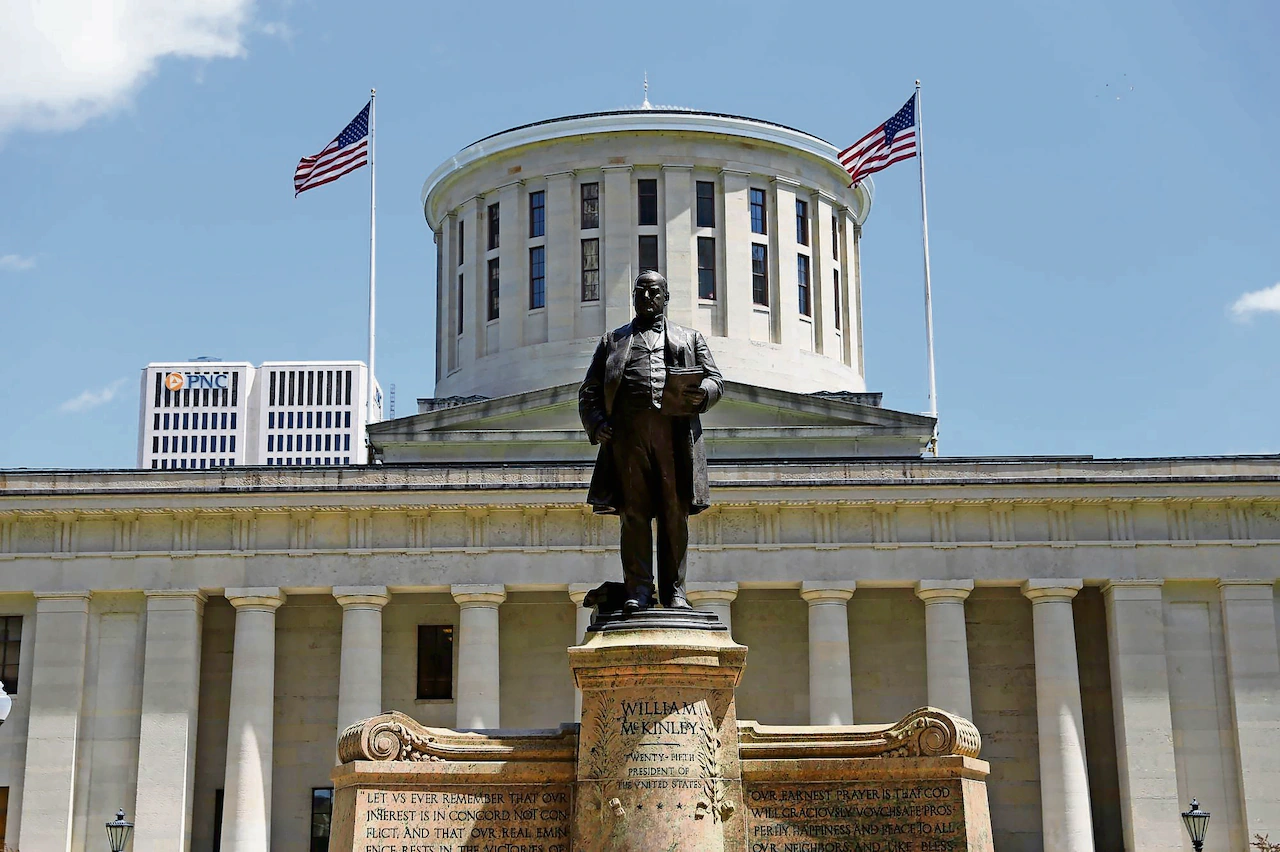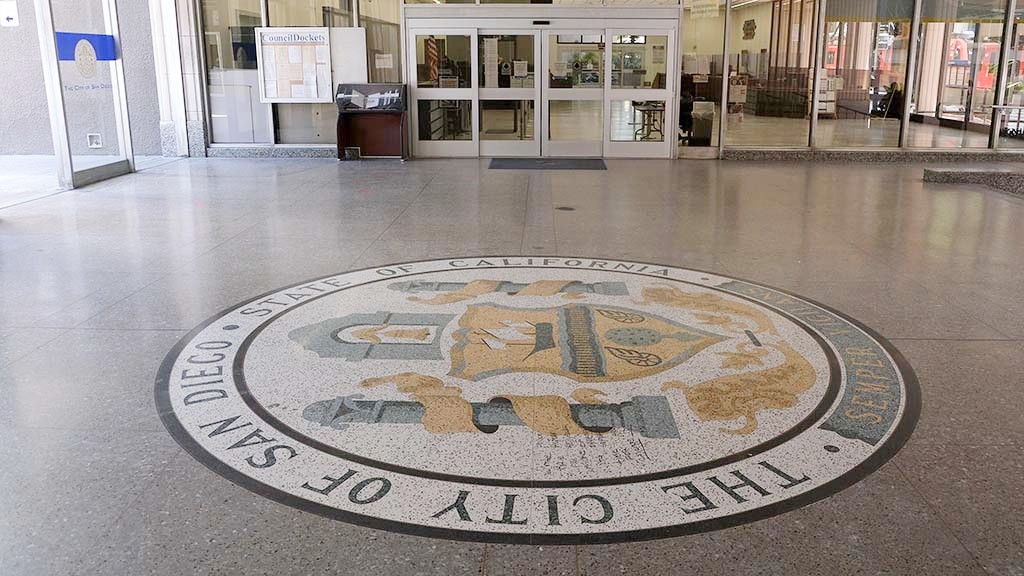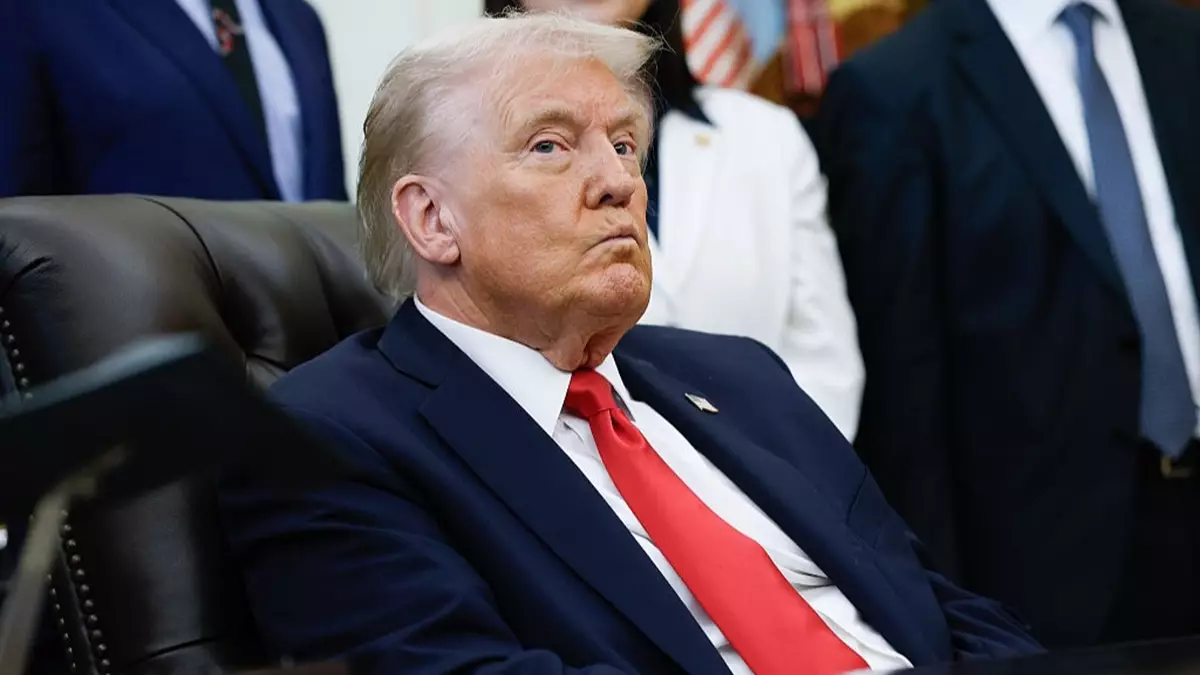Copyright thehindu

The Communist Party of India (Marxist) [CPI(M)] has seemingly extended an olive branch to the Communist Party of India (CPI) after ideological differences emerged between the two ruling front allies over the Left Democratic Front (LDF) government’s controversial move to seek Prime Minister’s Schools for Raising India (PM-SHRI) scheme funds for the State’s “cash-strapped” general education sector. The CPI had stated that the PM-SHRI funds for States depended on adherence to the National Education Policy (NEP). Furthermore, the CPI, CPI(M), and other non-BJP-ruled States were opposed to the NEP, sharing the view that it was the Centre’s political tool to encroach on the jurisdictional authority of provincial governments and a covert attempt to impose a centralised model of school education nationwide, disregarding linguistic, cultural, and ethnic differences. CPI’s concern CPI State Secretary Binoy Viswam had expressed apprehension that signing up for PM-SHRI funds could potentially sabotage the Left’s “informed national line” against the NEP. He also noted that belatedly seeking the 2022 scheme benefits when they were due to expire in 2026-27 would bring Kerala scarce benefits since PM-SHRI had no retrospective effect. He termed the move “a bad fiscal and political bargain”. CPI(M) general secretary M.A. Baby told reporters in New Delhi that the CPI’s apprehensions were justified. He said the LDF has unequivocally rejected the NEP. However, the State, he said, would seek PM-SHRI funds without compromising on the NEP. Mr. Baby said the LDF would strive to achieve a consensus among allies before taking a final “principled call.” Mr. Baby said the Central government’s bid to link the release of the States’ share for general education was a backwash from the Emergency Days. “The Indira Gandhi government undermined the autonomy of States by moving the education list from the State list to the Concurrent list. Both the Parliament and provincial Assemblies can legislate on the subject. However, the Central law prevails if there is a conflict between Central and State laws. Hence, the LDF has to walk a tight political and legal rope to maintain the development momentum of its education sector,” he said. Mr. Baby noted that the Congress-led State governments had signed up for PM-SHRI funds. He said Tamil Nadu has not rejected the PM-SHRI. However, it has recoiled from agreeing to the NEP, fearing it would undermine the linguistic diversity of States and dismantle its two-language policy. General Education Minister V. Sivankutty had averred that PM-SHRI would infuse ₹1,446 crores into the treasury to modernise government schools, fund educational research, and pay 7,000-odd teachers. Meanwhile, a CPI insider said the party’s State secretariat, executive, and council would discuss the matter.



